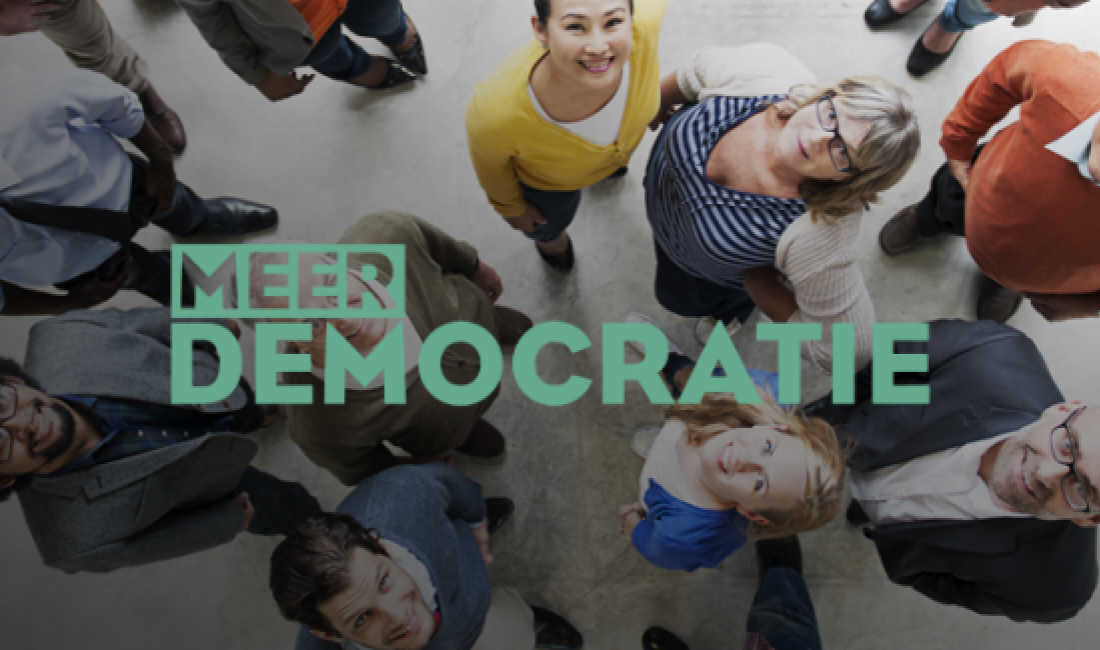On 14 October, Belgians went to the polls for the municipal elections, which always take place in the entire country on the same day. Ahead of the elections, our Belgian partner organization Meer Democratie surveyed candidates on their commitment to making citizen participation a reality in their towns. Here are the results from their campaign.
In the run-up to the local elections in Belgium, on 14 October, Meer Democratie launched a large candidate survey looking for the real democrats. They were looking to find out how the candidates were planning to boost democracy at the local level.
Meer Democratie asked all candidates for city council to commit - if elected - to implementing three democracy-promoting measures: the introduction of a full petition right, local citizens’ initiatives and participatory budgeting. Candidates were also able to propose a personal initiative to promote democracy.
Meer Democratie not only targeted candidates, but also voters. Citizens were asked to encourage candidates in their municipality to sign the pledge by sending them an email, which was made possible with a single mouse-click on the website. This way more citizens were invited to get involved in the political process.
“The results of the campaign are very promising!” Meer Democratie Campaign Manager David Joëts says, “5432 city council candidates from 180 [out of 308] Flemish municipalities signed the pledge!”
Making good on promises
If these commitments become legislation, it will be a lot easier for citizens to place something on the agenda of the city council. Moreover, citizens will be heard within a reasonable time; petitions will no longer be classified without justification, nor without consequence; consultative referendums will be easier to launch and through participatory budgeting citizens can decide which projects will be funded with (a part of) the tax payer’s money.
Meer Democratie is currently checking which of the candidates who committed to these proposals have been elected and which are involved in the formation of governing coalitions. In the coming months, they will try to hold the estimated 400 politicians who were elected to their promise. Meer Democratie plans to meet with them personally and offer practical help, with for example drafts for model regulations.
But doing that will not be an easy feat says Meer Democratie Campaign Manager David Joëts, “We have to keep the pressure on, that’s for sure. However, following up with the elected representatives in that many municipalities is no small operation. So, we’ll have to take a deep breath to do this. Implementing these kinds of innovations usually takes time.”
The biggest hurdle to ensure this follow-up is the financial cost – the effort has been budgeted at € 20,000. “This may sound like a considerable amount,” said David Joëts, “But it is in fact quite modest if you consider the positive consequences for our local democracy.” At the moment, Meer Democratie is actively fundraising to support their effort to give citizens a real say in local decision-making.



